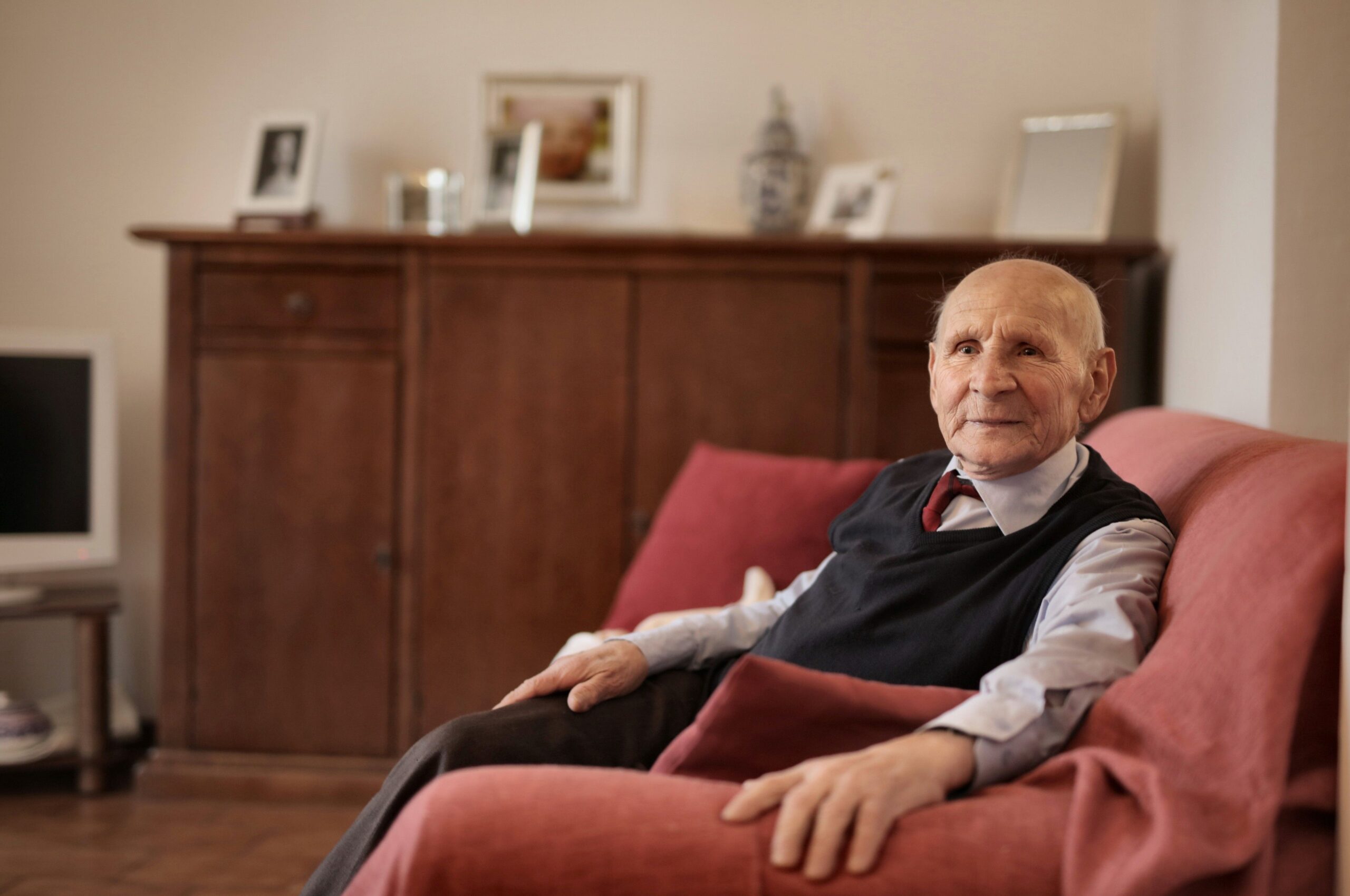Managing your PHB
A personal health budget is based upon a personalised care and support plan. This plan sets out someone’s health and wellbeing needs, the outcomes they wish to achieve, the amount of money available and how it will be spent.
Once the plan and budget has been agreed, the money in a personal health budget can be managed in three ways, or a combination of these:
- Notional budget: No money changes hands. The personal health budget holder knows how much money is available for their assessed needs and decides together with the NHS team how to spend that money. The NHS is then responsible for holding the money and arranging the agreed care and support.
- Third party budget: An organisation independent of both the person and the NHS commissioner (for example an independent user trust or a voluntary organisation) is responsible for and holds the money on the person’s behalf. They then work in partnership with the person and their family to ensure the care they arrange and pay for with the budget meets the agreed outcomes in the care plan.
- Direct payment for healthcare: The personal health budget holder or their representative has the money in a bank account and takes responsibility for purchasing the agreed care and support. Budget holders must show what the money has been spent on. Further guidance is included in the Direct Payments in Healthcare Guidance.
In most cases people will need a separate bank account to receive a personal health budget via a direct payment (there are some exceptions when the money can be paid directly into someone’s existing account, for example if it is a one-off payment). The separate account must only be used for purchasing care, but it may also be used for receiving and managing a social care personal budget, if someone has an integrated personal budget.
If someone wishes to have a personal health budget but doesn’t want to manage it themselves or doesn’t have the capacity to manage the budget themselves, it may be possible for someone else to manage the budget on their behalf. This might be a family member, a close friend or representative. Regardless of who is responsible for the budget, every effort must be made to ask the person about their wishes and to keep their best interests in mind.
People’s personalised care and support plans should be regularly reviewed and updated, at least once every 12 months. The frequency of any review should be based on the needs of the individual, for example if someone has a fluctuating or degenerative condition then their plan will need to be reviewed more frequently. People will also need a review if their health needs changes or something in the plan isn’t working. No one will ever be expected to have more choice and control than they feel comfortable with.
Content provided by NHS England. For more information, please visit www.england.nhs.uk/.

Published on Mon, 22 Feb 2021 16:30:47 GMT
Modified on Wed, 01 Dec 2021 16:12:05 GMT




